Keywords: Sex Abuse
There are more than 200 results, only the first 200 are displayed here.
-

RELIGION
- Frank Brennan
- 17 February 2017
3 Comments
The commission's forensic scrutiny of past actions of church officials in no way constitutes an interference with the freedom of religion. Its spotlight is to be welcomed, provided only that it is shone on a truly representative sample of all institutions which have been found wanting and provided the same light filter is applied to all institutions. I do however have a problem with the commission making findings on issues like the want of compassion when those findings are made only against a Church.
READ MORE
-
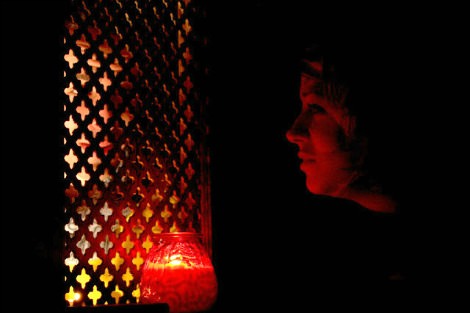
RELIGION
- Stephen de Weger
- 16 February 2017
64 Comments
Three years ago I began my research Masters into clerical sexual misconduct involving adults (CSMIA). I have now completed that study. It revealed highly relevant and crucial information towards the understanding of CSMIA. One conclusion based on my and other studies is that three major aspects need to be included in any discussion of CSMIA, in order to reach a fuller understanding of how CSMIA is able to occur, how it is interpreted, how it affects people's lives, and how it is dealt with.
READ MORE 
-
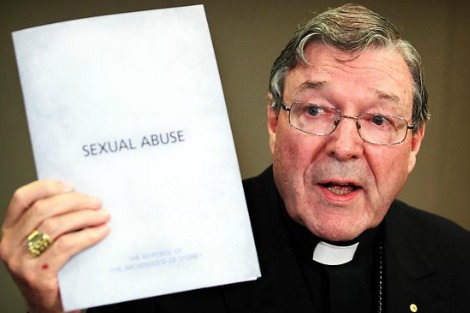
RELIGION
- Frank Brennan
- 13 February 2017
74 Comments
Last Monday, the Royal Commission commenced its three-week forensic examination of the causes of child sexual abuse and cover up in the Catholic Church in Australia over the last 60 years. The statistics were horrifying. Every case represented a person who claims as a child to have been abused by a person of authority in a Catholic institution. Whichever way the statistics are interpreted in comparison with other institutions, they are appalling. We need to hold the victims clearly in focus.
READ MORE 
-

RELIGION
- Frank Brennan
- 06 February 2017
17 Comments
Listening to the media and our church leaders in recent days, we know that there is plenty of darkness ahead for our Church in the weeks ahead with the Royal Commission's so-called 'Catholic wrap-up'. We're told that the statistics will be terrible and we expect that some of our church leaders will appear, looking stunned and helpless. This morning, I think we need to reflect on these stark realities in the light of the scriptures. And this can be done only by holding the victims clearly in focus.
READ MORE
-
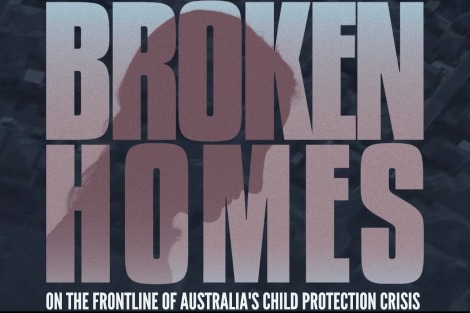
AUSTRALIA
- Oliver Jacques
- 27 January 2017
10 Comments
Allowing the Catholic Church to investigate itself was once described by an abuse victim as akin to 'putting Dracula in charge of a blood bank'. The Church now largely accepts the value of outside scrutiny, and has even endorsed a national redress scheme that would subject it to independent examination of its complaint handling and treatment of victims. But there is another institution - plagued by rampant child abuse in 2016 - where the vampires in charge are still trusted to mop up the blood.
READ MORE 
-
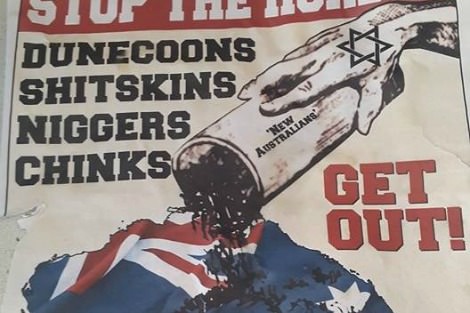
INTERNATIONAL
- Fatima Measham
- 08 December 2016
12 Comments
It is hard to overstate the sort of things that become permissible when the dominant political culture appeals to our darker nature. Take the cascade of brutality in the Philippines, or the stream of hateful incidents in the US. In Australia, white supremacist groups staged 'victory rallies' after the US election, and posters appeared last weekend at Melbourne University telling 'dunecoons, shitskins, niggers, chinks' to get out. This permissiveness isn't just about Trump, though he is a catalyst.
READ MORE 
-
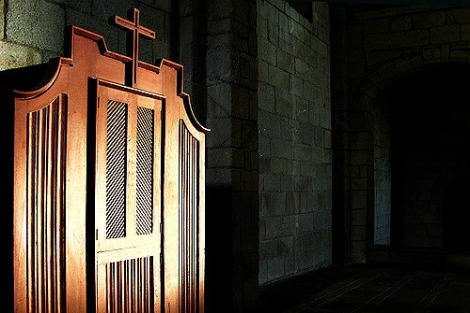
RELIGION
- Frank Brennan
- 05 December 2016
18 Comments
One distinctively Catholic practice is personal confession in which an individual confesses to God their sins and seeks forgiveness in the presence of and at the hands of a priest. Some groups and individuals are proposing to the royal commission that the seal of the confessional no longer be inviolable. I was quoted in The Australian saying, 'If a law is introduced to say that a priest should reveal a confession, I'm one of those priests who will disobey the law.' Being also a lawyer, let me explain.
READ MORE 
-

RELIGION
- Francis Sullivan
- 08 November 2016
14 Comments
With all institutions taking part, this scheme will succeed and it will deliver fair, consistent and generous redress for survivors. If some institutions don't take part it will be yet another blow to abuse survivors, with some reaping the scheme's benefits while others are left to suffer further defeats and humiliations. A case in point is the South Australian government. Before the ink was dry on the announcement, SA had already indicated it would not take part. This is appalling, whatever the justification.
READ MORE 
-

ARTS AND CULTURE
- Tim Kroenert
- 26 October 2016
8 Comments
Perhaps it is the high egocentricity of Woody Allen's films that makes it difficult to separate the man from his work. More so even than Roman Polanski, the allegations of sexual abuse that have been levelled at Allen in life lend an unsavoury flavour to his art. Even revisiting Annie Hall these days, Allen's classic and endlessly innovative 1977 romantic comedy is tainted retrospectively by a sneaking sense of sexism, if not outright misogyny. The same is true of Café Society.
READ MORE 
-
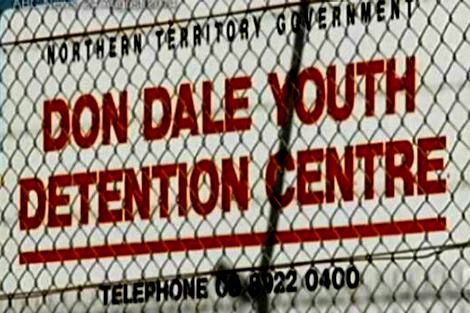
AUSTRALIA
- Ann Deslandes
- 11 October 2016
2 Comments
'Finally!' we might think, regarding the commencement of the royal commission after the mainstream revelation of the abuses at Don Dale and other juvenile detention centres. But is this just another deferral to a disinterested power? What can we hope will come of moves like this from leaders whose own legitimacy feels so craven and thin? I suspect not much. There are already claims the royal commission into the protection and detention of children in the NT is on shaky ground.
READ MORE 
-

RELIGION
- Frank Brennan
- 23 September 2016
18 Comments
'No good will be served by a royal commission auspiced by the state telling a Church how it judges or complies with its theological doctrines and distinctive moral teachings. By all means, set universal standards of practice expected of all institutions dealing with children, but do not trespass on the holy ground of religious belief and practice.' Fr Frank Brennan SJ addresses the Freedom for Faith Conference in Melbourne, 23 September 2016.
READ MORE
-
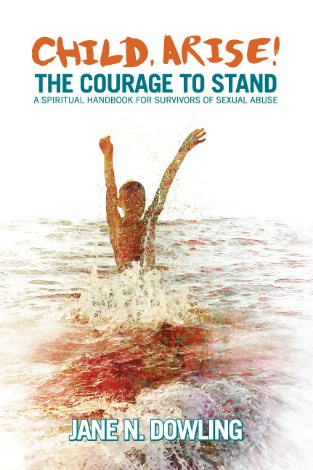
RELIGION
- Andrew Hamilton
- 01 September 2016
15 Comments
Dowling, who was a victim of clerical abuse, offers a program of reflections that bring together scriptural themes and the effects of sexual abuse. Most striking is the extraordinary labour required to purify the language of a tradition that has become polluted. This is vital not simply as a therapeutic exercise but as a condition for renewal and reconciliation. It may also be pertinent to wider society, where Brexit and the Trump phenomenon have been characterised by a coarsening of public language.
READ MORE 